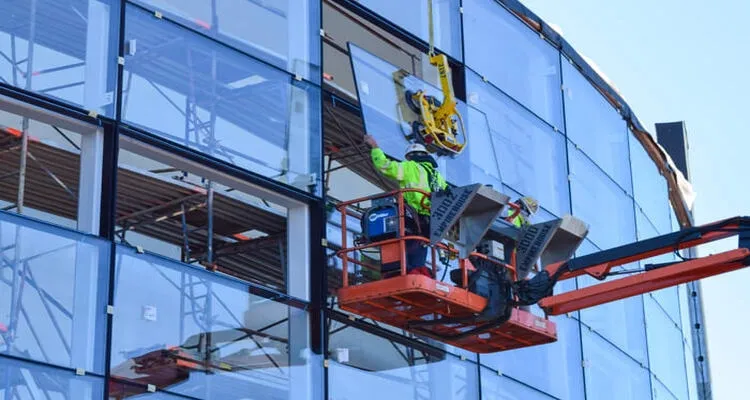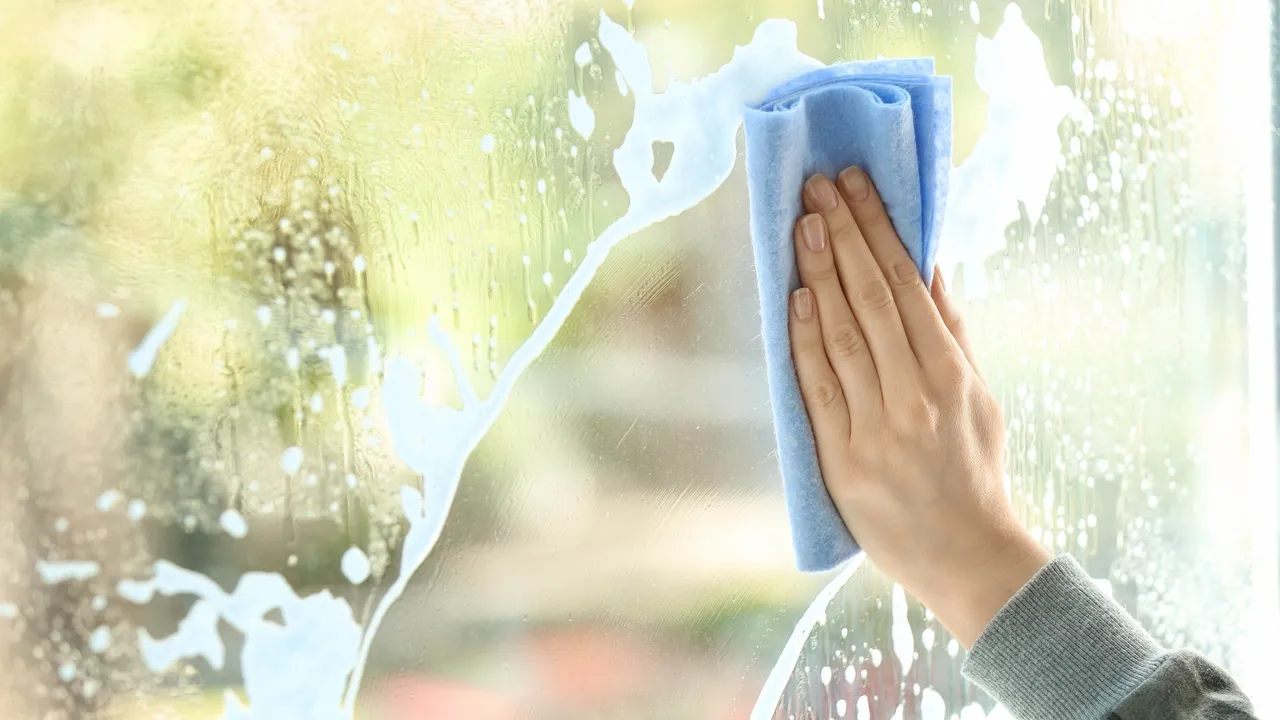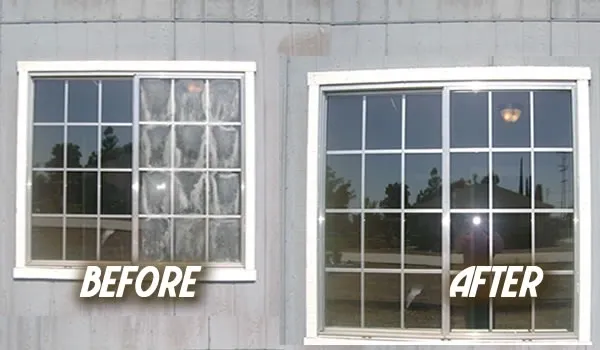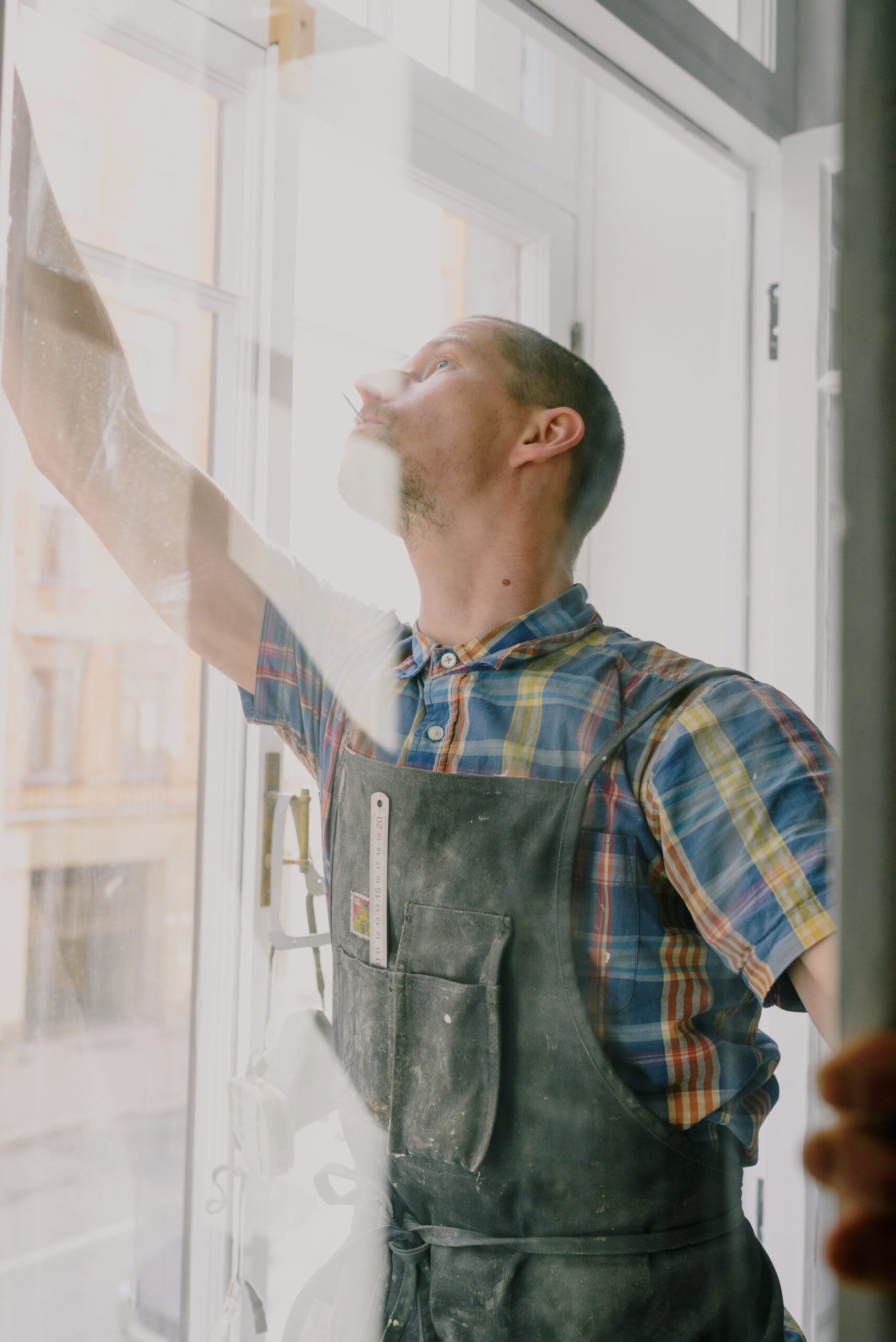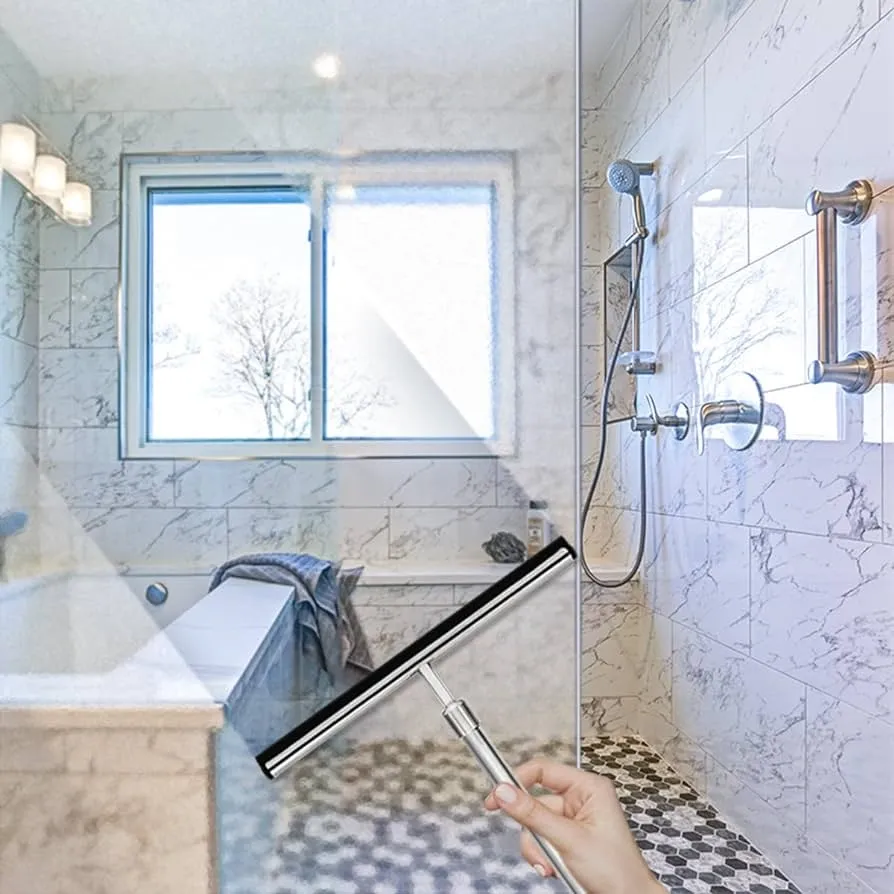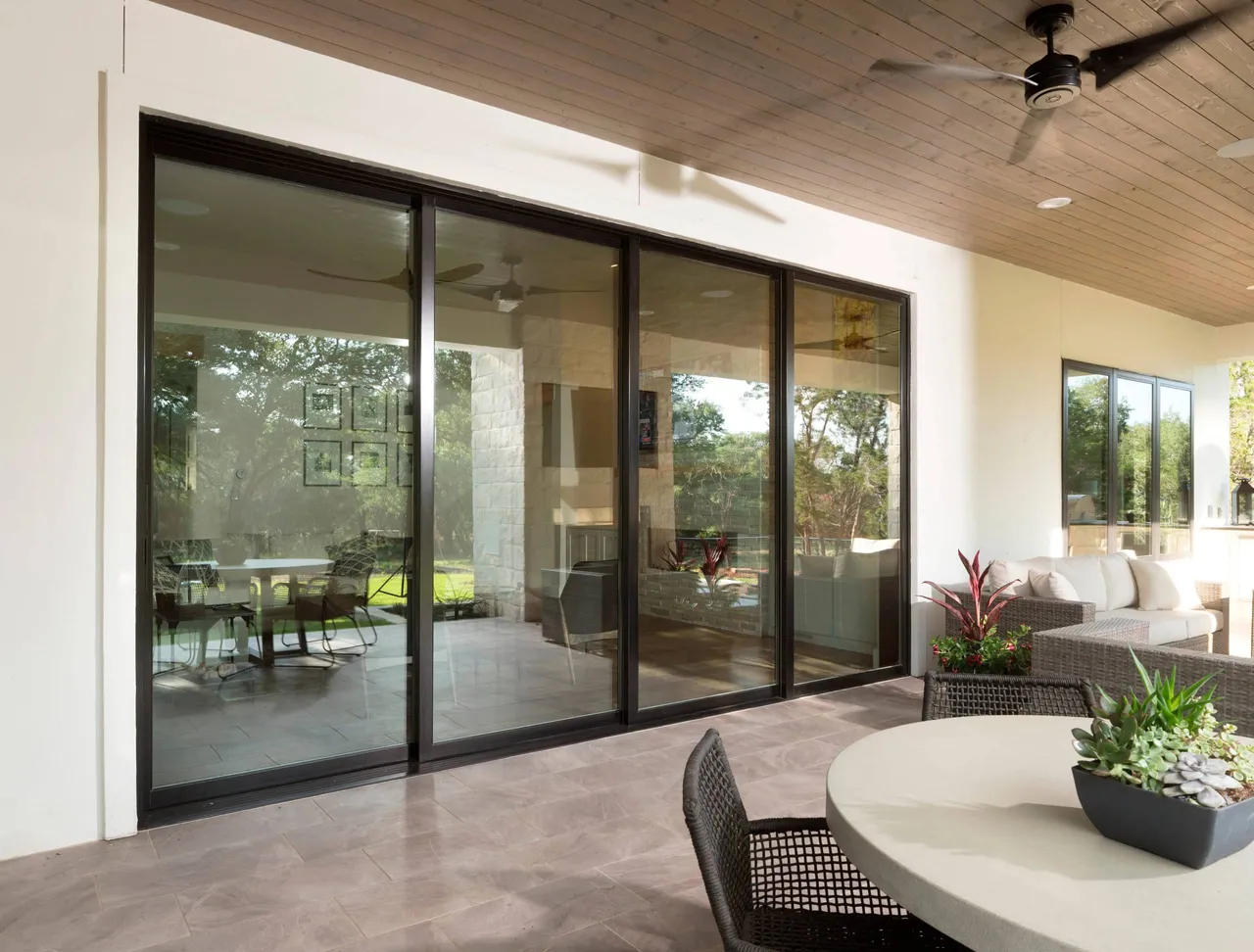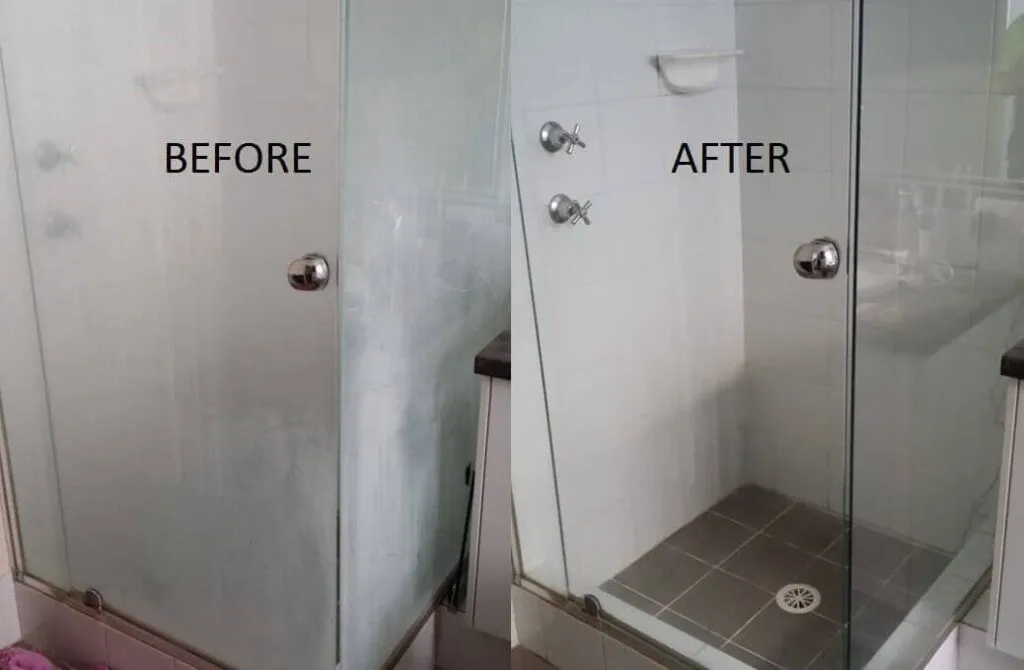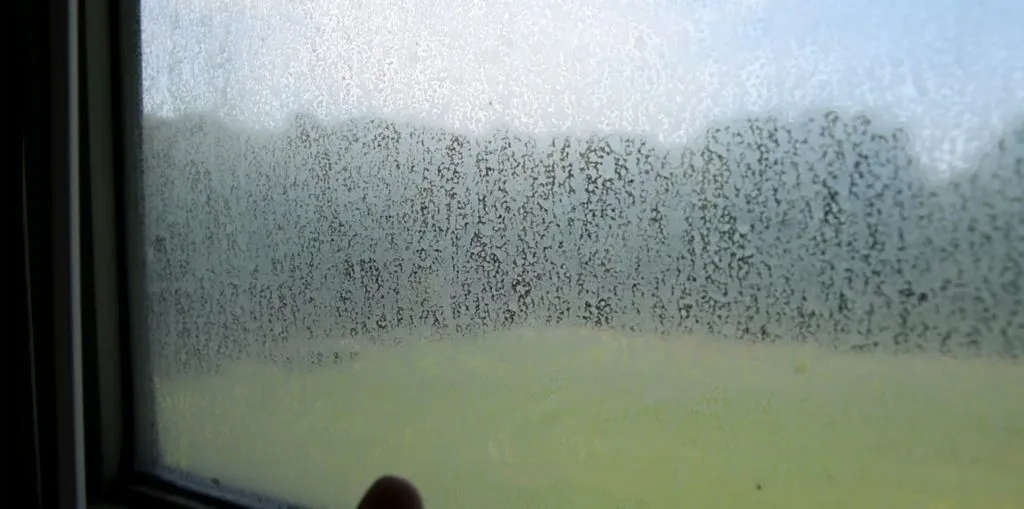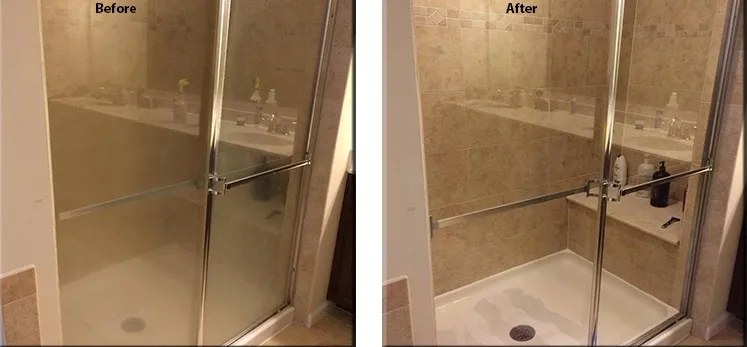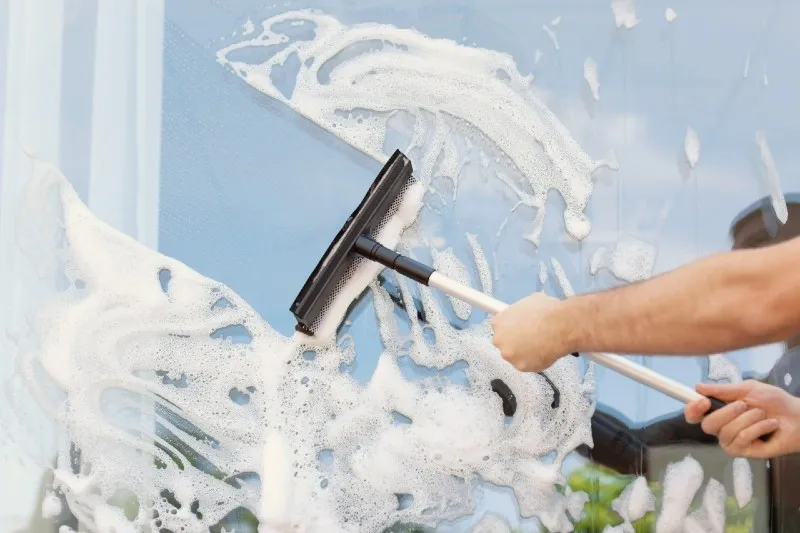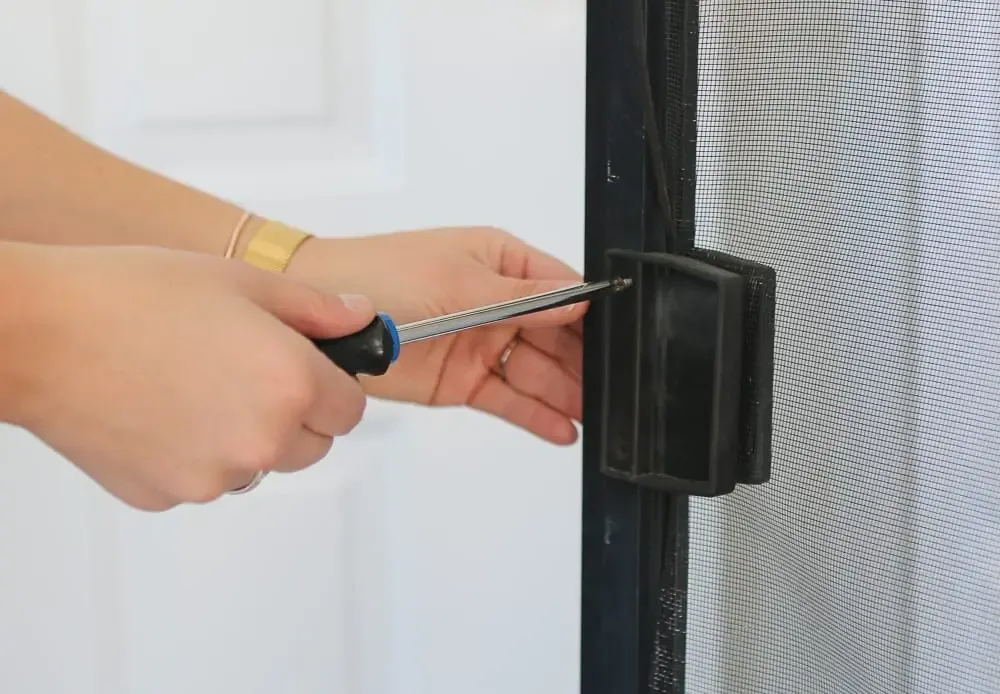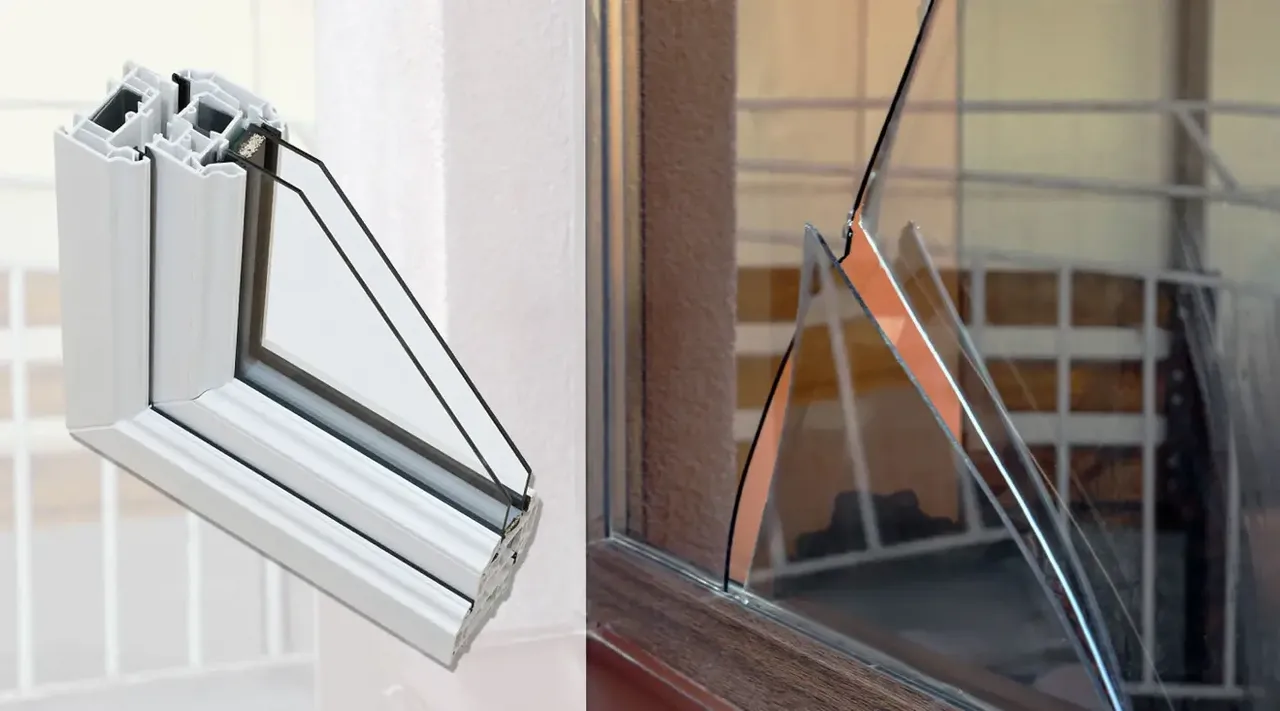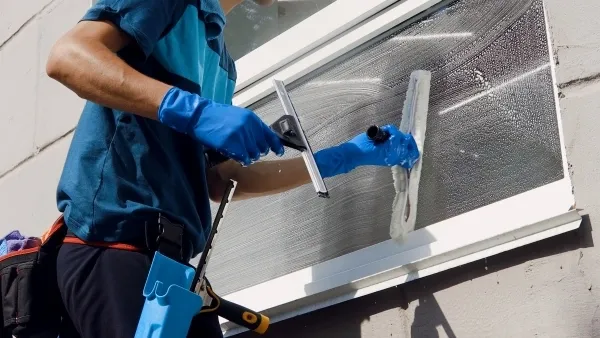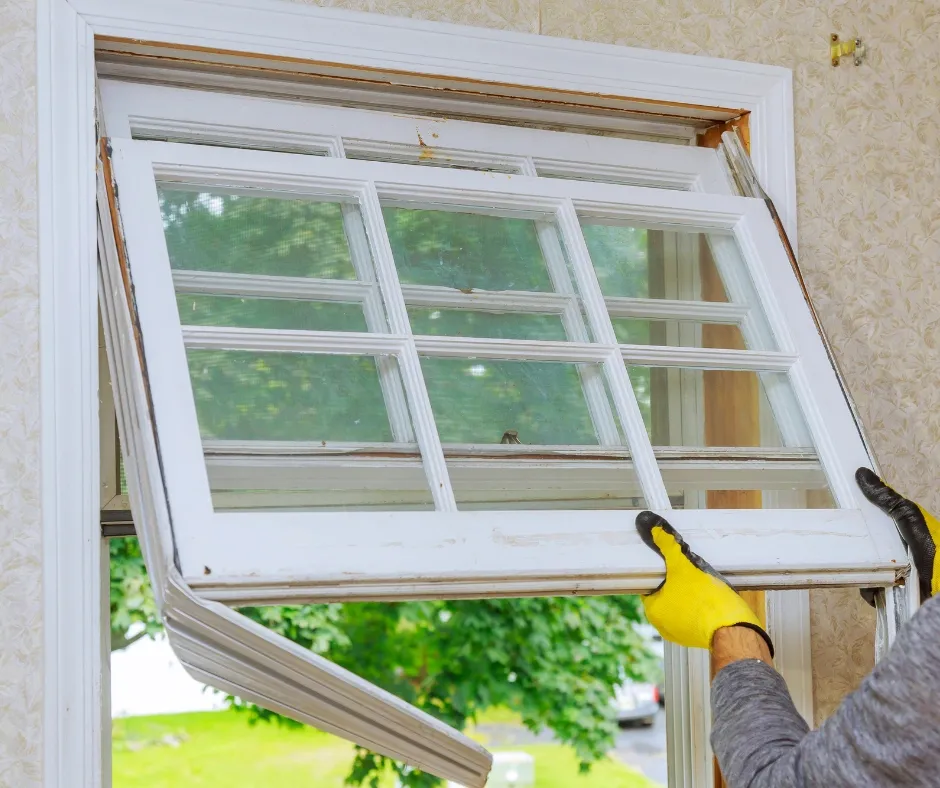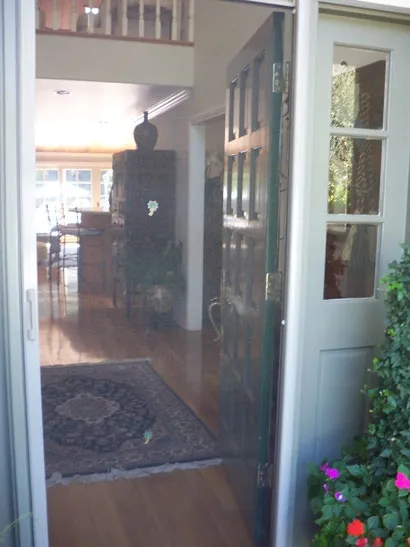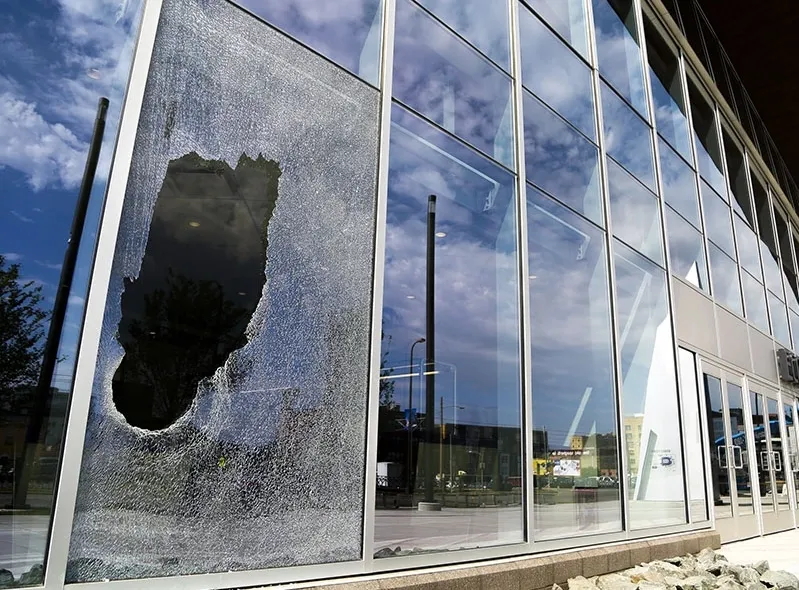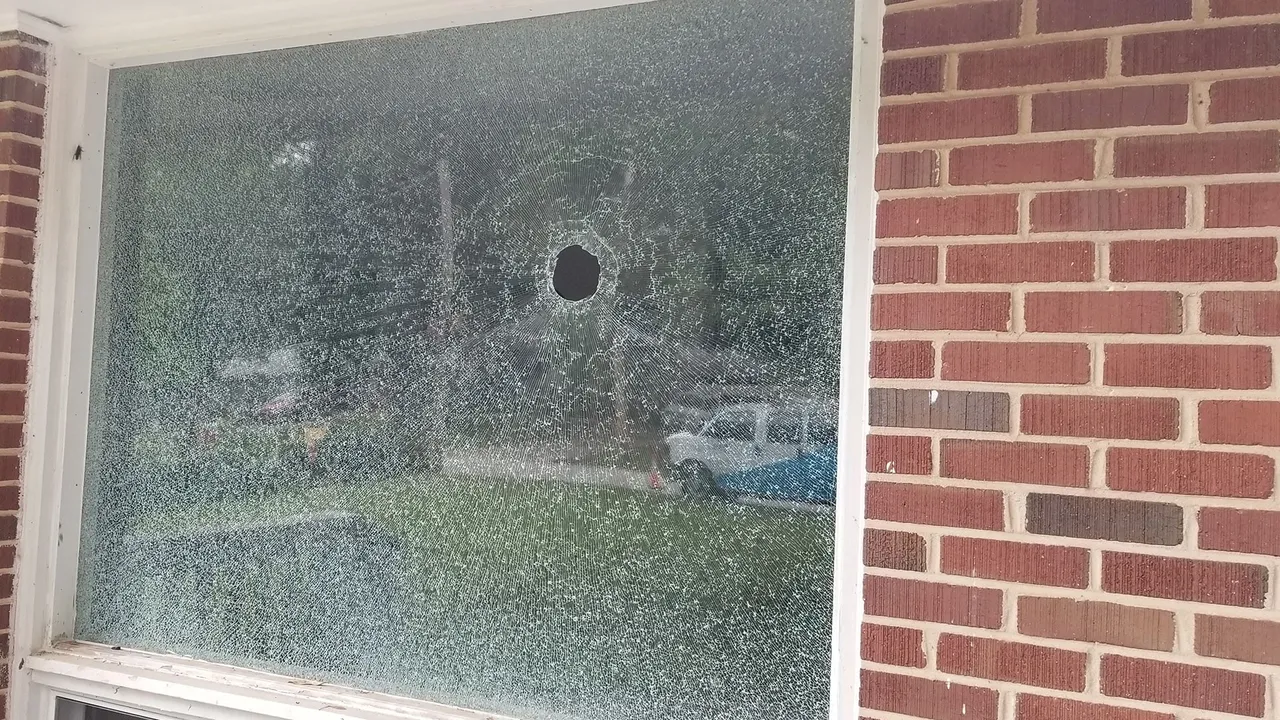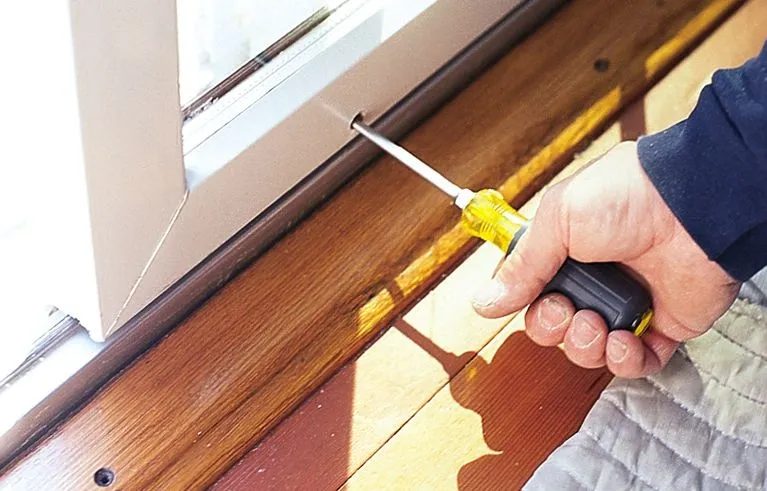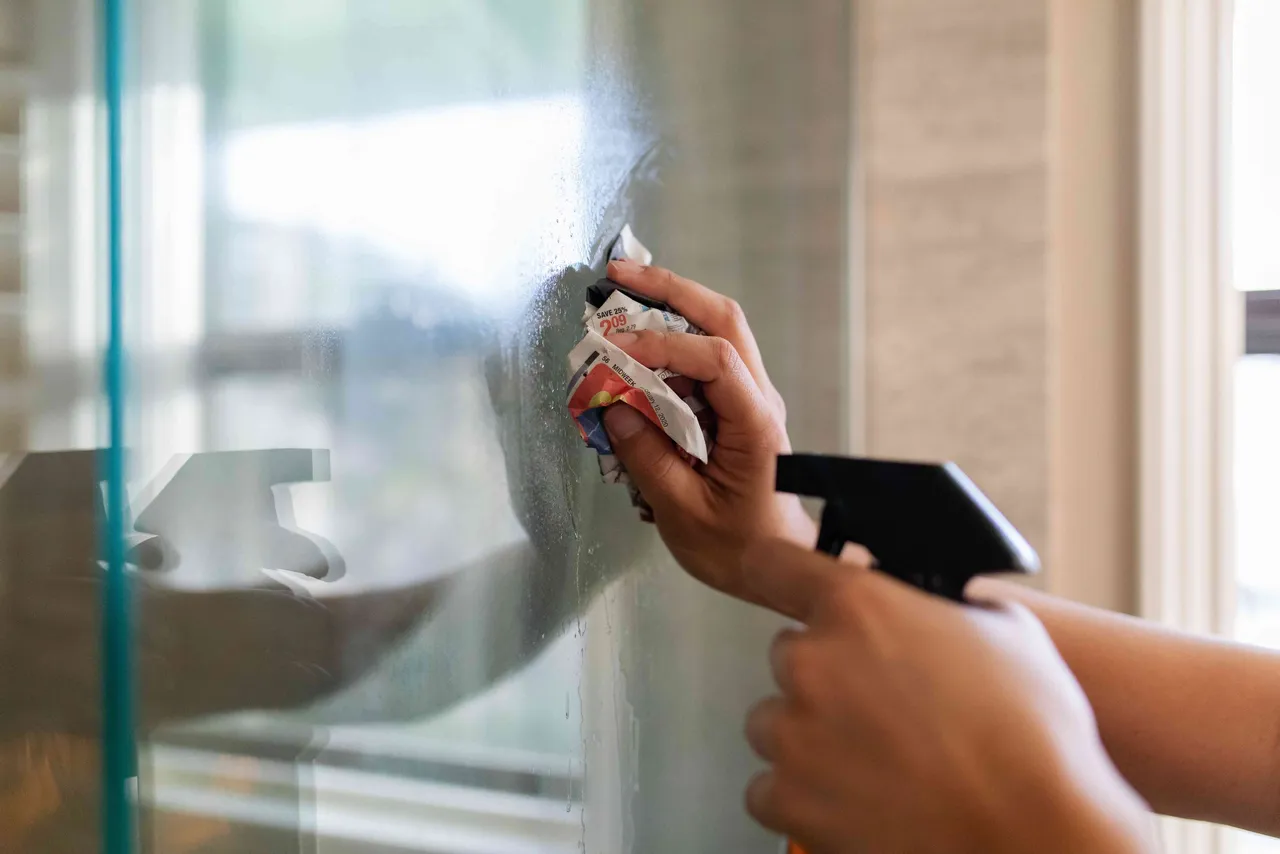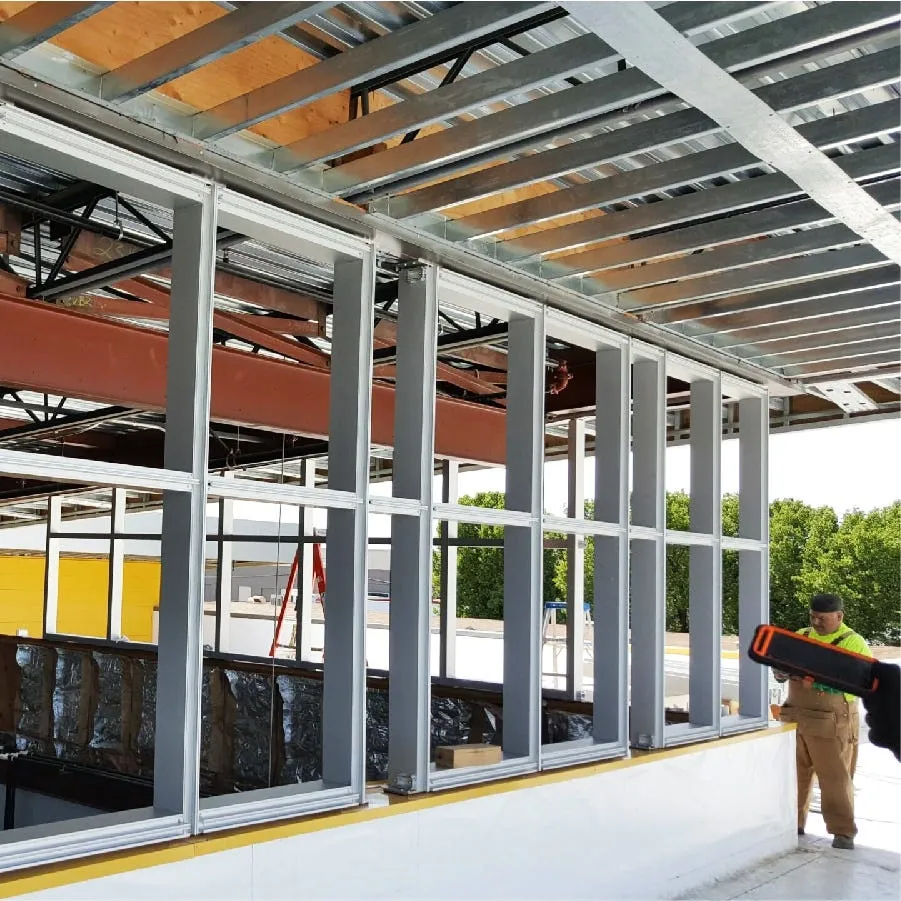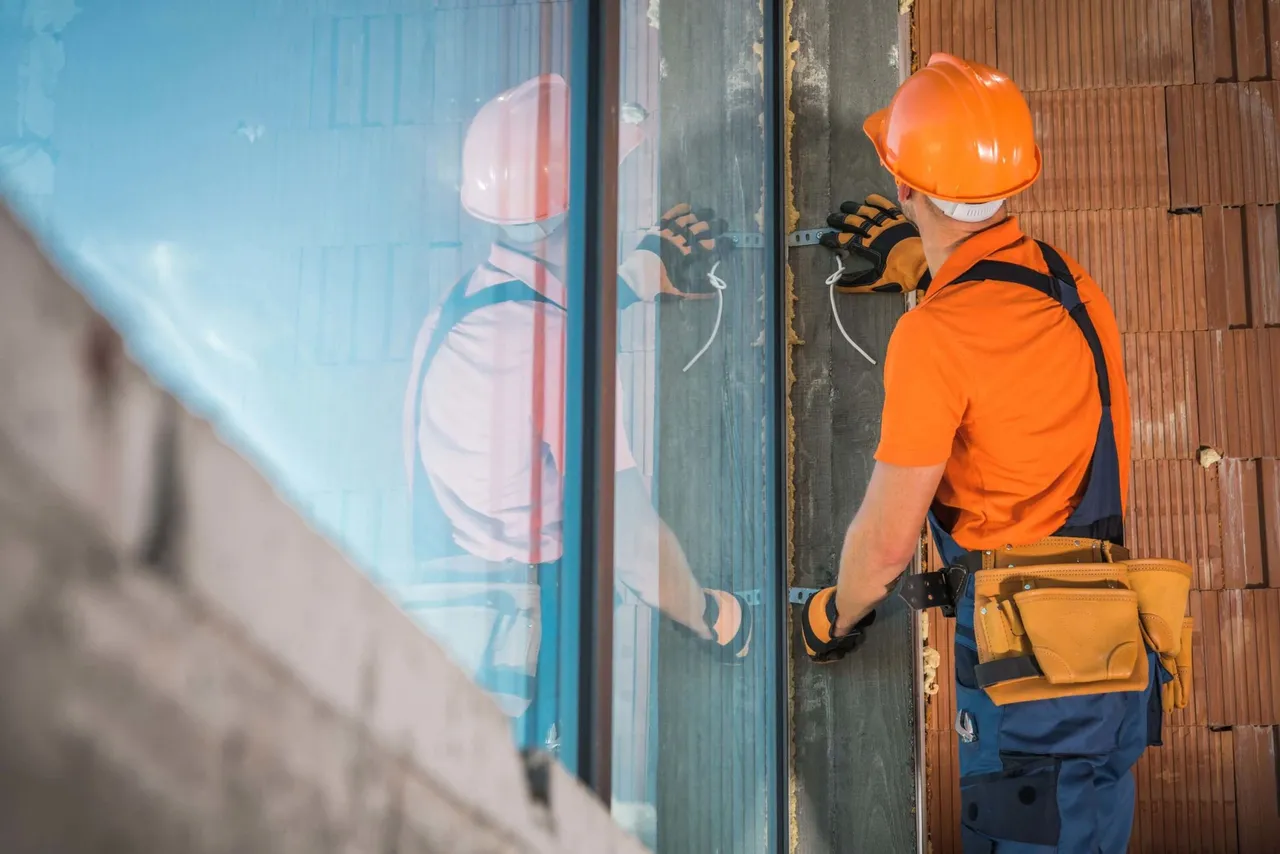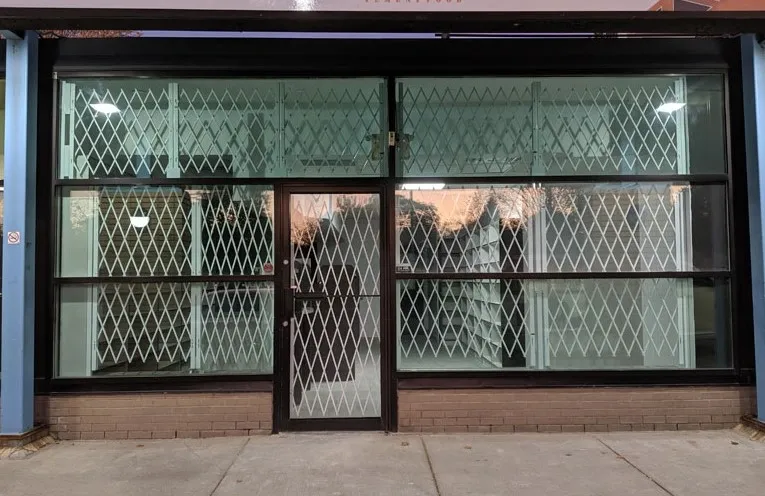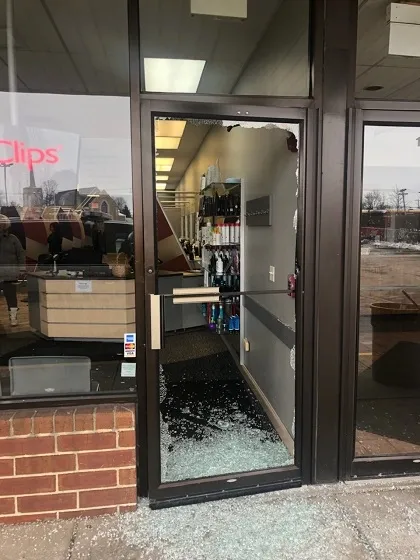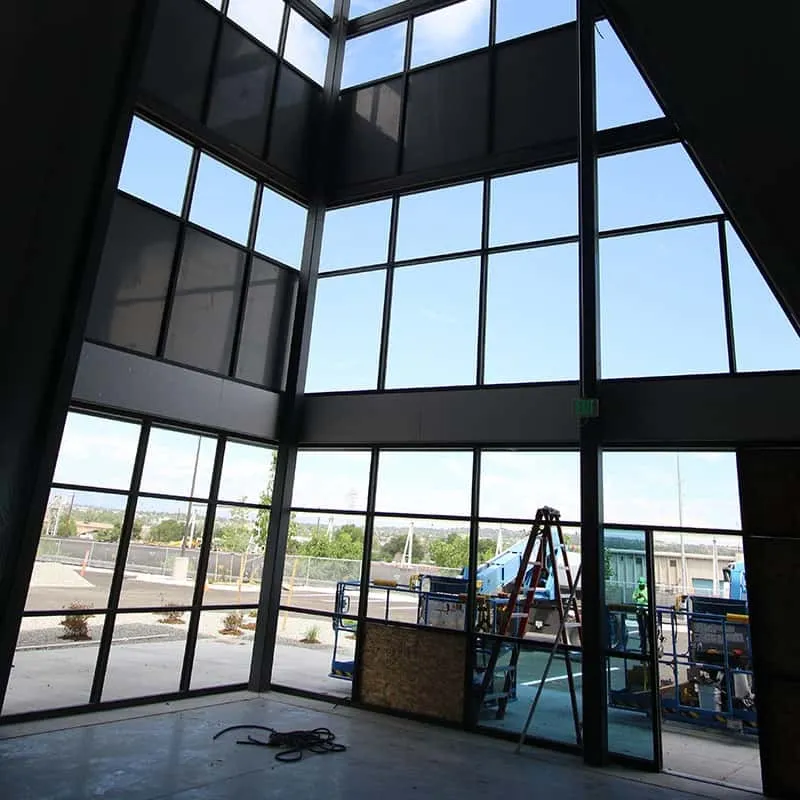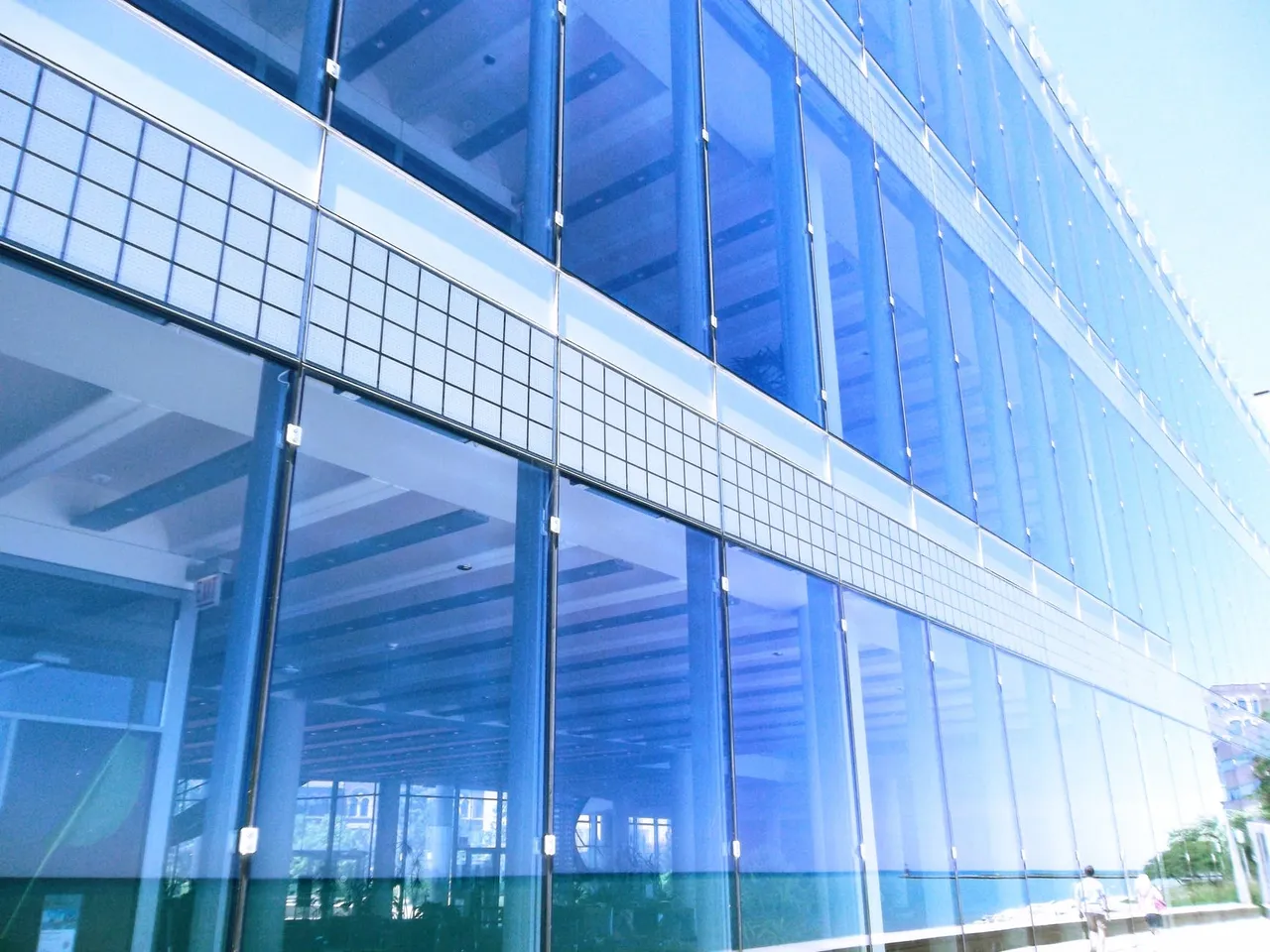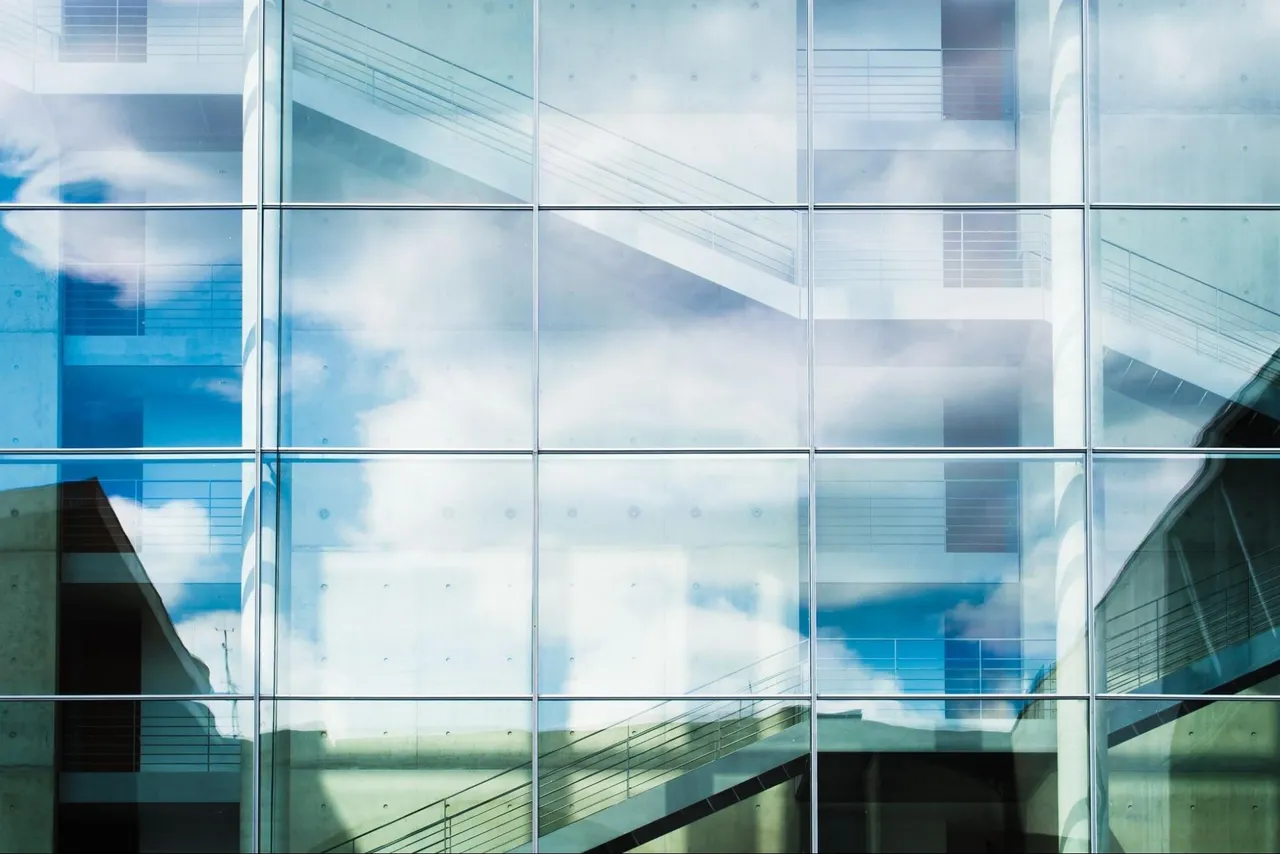The Guide to Commercial Glass Repair, Replacement and Maintenance

Commercial glass maintenance, especially in high-rises, is crucial yet often overlooked. The primary reason for neglect is the perceived cost, leading to excluding high-quality glass products from projects. However, the initial investment in superior glass installation should be viewed in light of long-term benefits, including reduced maintenance and repair expenses and overall energy savings. While commercial glass replacement might seem expensive, extensive cleanup and replacement costs can be even more costly.
Commercial glass maintenance extends beyond aesthetics; it plays a vital role in energy efficiency, lighting costs, and sustainability. HVAC systems and lighting contribute significantly to energy consumption in commercial buildings, making investing in high-performance glass, intelligent window placement, commercial glass tinting, and energy-conscious glass maintenance essential.
Understanding Commercial Glass Repair:
Unlike residential window repairs, commercial glass repair for large buildings, high-rises, and skyscrapers requires highly trained and licensed professionals. Specialized teams handle cracks, chips, seals, and leaks in glass panes commonly found in commercial structures. These services are tailored to more significant buildings like apartments, office buildings, commercial centers, and skyscrapers, demanding expertise in high-rise glass repair.
Collaborating with a reputable contractor or glass company is essential for comprehensive commercial glass maintenance, including specialized cleaning services, waterproofing membranes, tints, glazing, and more. Cutting corners in such complex tasks can compromise safety and structural integrity.
Causes of Damage to Commercial Glass:
Various factors, similar to those affecting residential glass, can damage commercial glass in distinct ways:
1. Environmental elements: Elevated buildings experience more extreme wind, rain, sun, and temperature conditions, intensifying the impact on glass panes.
2. Natural forces and acts of God: Storms, hurricanes, hail storms, and other natural events at higher altitudes can increase glass breakage.
3. Poor commercial glass window washing: Accumulated dirt and debris can weigh down windows, creating pressure points prone to cracking and breaking.
4. Accidents and mishaps during upkeep: Unforeseen incidents, such as maintenance workers accidentally bumping into glass, can cause damage.
5. Minor damage that spreads: Ignoring small cracks or chips allows them to expand, creating weaker areas prone to further damage.
When to Repair Versus Replace Glass:
Determining whether to repair or replace damaged commercial glass depends on various factors:
– When to Repair: There are times when commercial glass maintenance can no longer be performed. Minor damages affecting small or non-essential parts of the window structure, such as leaking caulking, seals, or scratches, can often be repaired. Prompt attention to minor issues is crucial to prevent them from escalating.
– When to Replace: Major damages, including large cracks, chips, deep scratches, loose windows, or signs of imminent failure, may necessitate immediate replacement to ensure safety and structural integrity.
Tips to Improve Maintenance:
Staying on top of commercial glass maintenance requires proactive measures:
1. Regularly wash and inspect glass: Routine maintenance cleaning and inspections help identify minor issues before they escalate.
2. Schedule qualified inspections: Professional inspections should be conducted biannually or seasonally, including water and air intrusion tests.
3. Address cracks promptly: Small cracks should be repaired quickly to prevent further breakage and enhance window stability. This will be beyond commercial glass maintenance; now it will be time to replace it.
4. Monitor scratches: Regularly check for scratches, especially in areas prone to high winds or extreme temperatures.
5. Know the types of glass used: Understanding the specifications used in different building areas aids in effective maintenance and repairs.
6. Test for air and water penetration: Professional inspections should include tests for air and water intrusion signs.
7. Use suitable sealants: Ensure proper materials are used for weatherproofing and cleaning to prevent glass from weakening.
8. Maintain scaffolding and equipment: Regular maintenance of scaffolding and equipment ensures efficient inspections and repairs.
9. Consider the complete exterior: Maintaining the building’s exterior, beyond the glass, contributes to overall maintenance effectiveness.
Benefits of Proper Maintenance:
Proper maintenance offers a range of benefits:
1. Protects the Glass: Regular cleaning prevents dirt and debris accumulation, allowing sufficient light to pass through windows.
2. Health Benefits: Natural light from clean windows contributes to physical and mental wellbeing.
3. Prolongs Building Longevity: Regular maintenance prevents glass deterioration, preserving the building’s structural integrity.
4. Reflects Light: Clean glass reflects light, while dirt and grime absorb it, impacting the appearance and surrounding buildings.
5. Conserves Energy: Well-maintained windows contribute to energy efficiency, reducing heating and cooling costs.
Navigating the complexities of commercial glass maintenance and repair necessitates collaboration with experienced professionals. Contact Us Now, coupled with diligent maintenance, ensures the longevity and safety of high-rise buildings.
